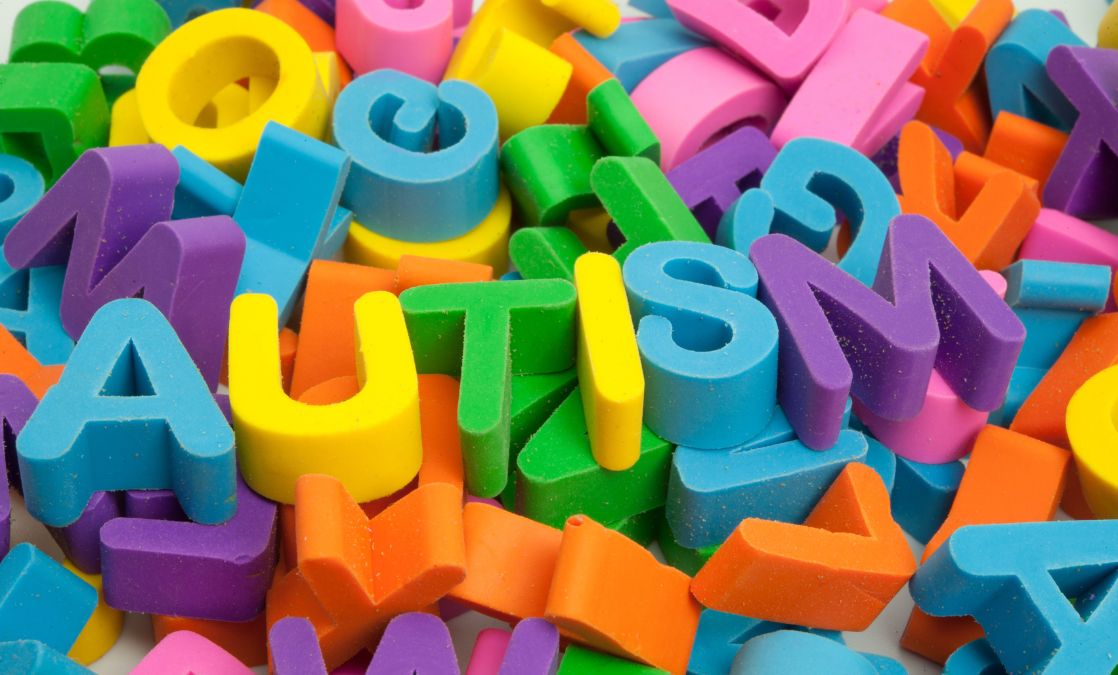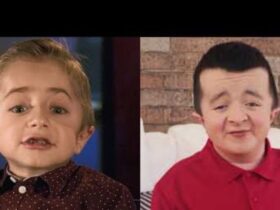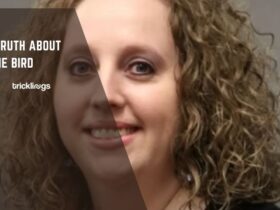Understanding Autism and Crushes: A Personal Look at How Social Struggles Affect Relationships

Have you ever had someone close to you struggle with social interactions? I have a cousin who’s always been a bit offbeat when it comes to talking to girls. While he doesn’t show all the classic signs of autism, there’s something there – something that makes him uncomfortable in those moments.
He avoids eye contact, gets quiet, and doesn’t know how to react. It got me thinking: Do people with autism experience crushes the same way, or is it a whole different ball game? I decided to dig into this to understand better – not just for him, but for anyone out there who feels this way.
The Struggles: What Makes Social Interactions Hard for People with Autism?
For many people with autism, socializing isn’t easy. Making eye contact, understanding facial expressions, and reading between the lines can be a real challenge. It’s not that they don’t care, it’s that they process these cues differently.
According to Dr. Tony Attwood, a leading psychologist in the autism field, many people with autism find emotional cues confusing, which makes navigating romantic interest even trickier (Attwood, 2015).
For someone who’s neurotypical, small social gestures (like a smile or a wink) are natural signals of interest, but for someone on the spectrum, these signals might not make sense. This is something I’ve seen firsthand with my cousin. He doesn’t always know how to tell if someone likes him, and that makes the idea of having a crush feel even more overwhelming.
Do People with Autism Have Crushes? Absolutely.
Here’s the thing: people with autism do have crushes. Just like anyone else, they can feel those butterflies when they see someone they like. But expressing it? That’s a different story. While some might act shy or withdraw, others might fixate on their crush in ways that seem intense or confusing. It’s not that they don’t care, it’s just that their emotional expression can sometimes be a bit… offbeat.
Research by the National Autism Society (2020) suggests that individuals on the spectrum often struggle with understanding or responding to romantic or social signals. They might not “read” the other person’s feelings the way others do.
I remember asking my cousin one day if he had a crush on anyone. He didn’t really answer, but I could see his cheeks turn red. That’s when I realized—autistic people do feel these things, but they often don’t know how to process or communicate them.
Crushes and Social Avoidance: Why It Happens
A lot of people with autism tend to avoid the very people they have crushes on, and it’s not because they aren’t interested. It’s more about not knowing how to act or feeling too anxious to approach them.
Research by the Autism Research Institute (2021) shows that many autistic individuals withdraw when they feel overwhelmed, which can be misinterpreted as indifference.
Think about it: if you’re constantly unsure about how to read social cues, imagine the pressure you’d feel in a situation where you’re supposed to show you like someone. For my cousin, talking to a girl can feel like walking into a maze – every turn is uncertain. So, he just avoids it.
How Do People with Autism Act When They Have a Crush?
This is where it gets interesting. People with autism might act differently depending on how they feel. Some might withdraw completely—avoiding the person they like because they don’t know how to approach them.
Others might fixate on their crush and talk about them non-stop, or perhaps they’ll focus on a specific detail about that person. This isn’t obsessive behavior, it’s just a way of expressing interest when they’re unsure of how to show it in a more typical way.
As noted by Dr. Temple Grandin, a well-known advocate for autism, people with autism may act in ways that are “outside the norm,” but that doesn’t mean they don’t experience emotions deeply (Grandin, 2013).
For example, a friend of mine with autism once told me about a girl he liked. He didn’t say anything to her directly, but he remembered the color of her shirt from two weeks ago. That’s his way of saying, “I noticed you. I like you.” It may not look like a traditional “crush” response, but it’s there.
Do People with Autism Feel Crushes Differently?
In many ways, yes. People with autism might not experience the same emotional rollercoaster that neurotypical individuals do when they have a crush. Their feelings can sometimes be more intense or, conversely, harder to process. They might not know what to do with those feelings—whether it’s making small talk or giving a compliment.
There’s also a lack of social rules in their approach. For example, while a neurotypical person might express their feelings through flirting or playful teasing, an autistic individual might come off as too blunt or too reserved. It’s not that they don’t feel the same excitement or nervousness; it’s just that they express it differently.
References:
- American Psychological Association (2020). Diagnostic and statistical manual of mental disorders (5th ed.).
- Attwood, T. (2007). The Complete Guide to Asperger’s Syndrome. Jessica Kingsley Publishers.
- National Autistic Society (2020). Autism and Social Communication.
- Autism Research Institute (2021). Research on Autism and Social Behavior.
- Grandin, T. (2013). The Autistic Brain: Thinking Across the Spectrum. Houghton Mifflin Harcourt.

























